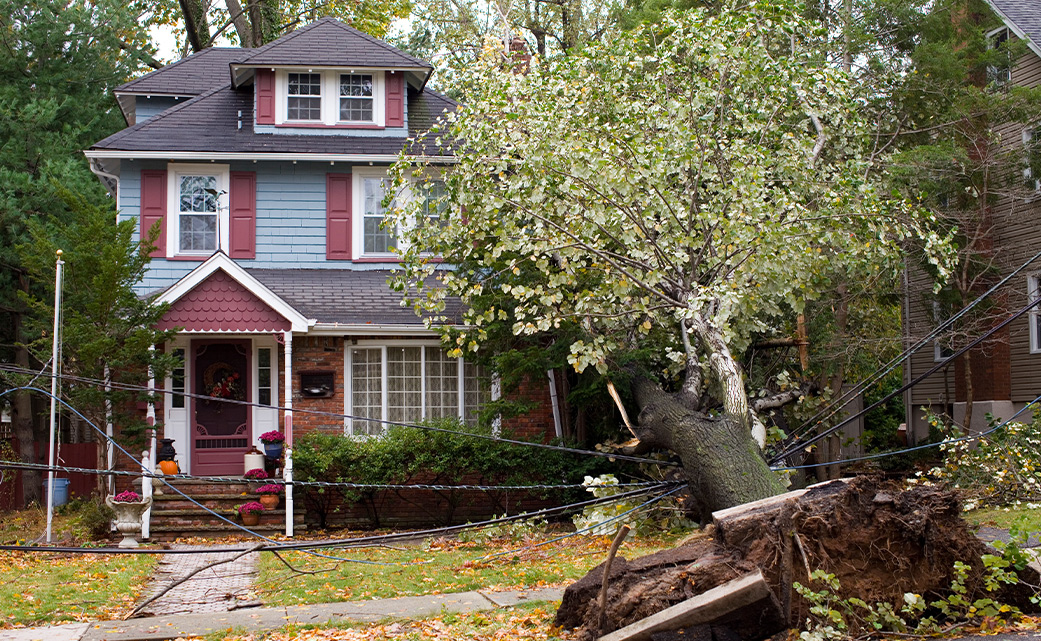Atlantic Hurricane Season

We are mid-way through the Atlantic hurricane season, and there is no sign that things are slowing down.
Our Atlantic hurricane season runs from June 1 to November 30, we are currently at the peak of the season.
The most recent update provided by NOAA’s Climate Prediction Center says that the number of named storms (which means there will be winds of 39 mph or greater) is between 15 and 21. Of these named storms, 7-10 are expected to be hurricanes (with winds greater than 74 mph). Of those 7-10 hurricanes, 3-5 are expected to be classified as major hurricanes, ranging from Category 3 to 5. In Connecticut, we have recently been affected by both Henri and Ida, making the need for hurricane preparedness more important than ever.
According to NOAA’s lead seasonal hurricane forecaster at the Climate Prediction Center, Matthew Rosencrans, “A mix of competing oceanic and atmospheric conditions generally favor above-average activity for the remainder of the Atlantic hurricane season, including the potential return of La Nina in the months ahead.”
Additionally, National Weather Service Director Louis W. Uccellini, Ph.D., has said that “Now is the time for families and communities to ensure their preparations are in place,” and that “These storms can be devastating, so be prepared for all possible outcomes by staying tuned to the forecast and following safety information and possible evacuation notifications issued by emergency officials.”
Listening to the weather forecasts and staying informed is crucial to being prepared, but there are other means of preparing and protecting yourself and your home should another hurricane hit. One of the most important things you can do is to determine your risk and act accordingly. You should also have an evacuation plan, and find ways that you can strengthen your home before the storm hits.
While we cannot control the weather and what will happen, we can be prepared and stay one step ahead of these storms by protecting ourselves and our homes as best we can. Please remember to stay up-to-date on weather forecasts and come up with your own storm preparedness plan.


